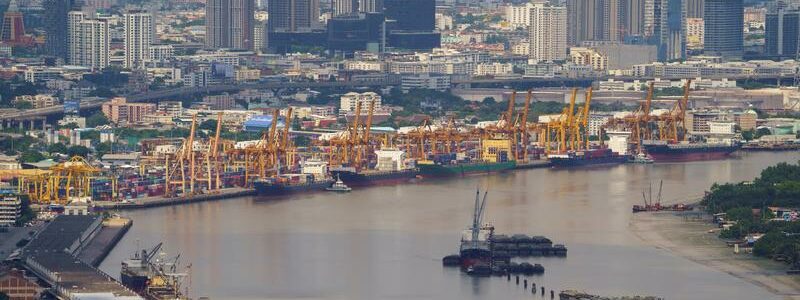
Thai March economic activity pressured by rising inflation, infections
BANGKOK (Reuters) – Thailand’s economic activity in March came under pressure from rising coronavirus infections and higher inflation driven by increasing energy prices, after a recovery in the previous month, the central bank said on Thursday.
Overall business activity was steady in March, while the baht depreciated following an escalation of the Russia-Ukraine conflict, the Bank of Thailand (BOT) said.
Southeast Asia’s second-largest economy should, however, remain on the recovery path, senior BOT director Chayawadee Chai-Anant told a news conference.
The economy in “the first quarter recovered but not strikingly, compared with a very good fourth quarter,” she said, adding the recovery was expected to continue in the second quarter of this year.
The economy grew a faster-than-expected 1.9% in the fourth quarter of 2021 from a year earlier.
On Wednesday, the BOT trimmed its 2022 economic growth forecast to 3.2% from 3.4% and raised its headline inflation to 4.9%, above its target range of 1%-3%, due to the impact of the war in Ukraine.
In February, the economy recovered due to stronger exports and more foreign tourists after an easing of coronavirus curbs that also helped improve manufacturing, the BOT said in a statement here.
Exports, a key driver of growth, rose 16.0% in February from a year earlier, with imports up 14.2% year-on-year, resulting in a trade surplus of $3.4 billion.
The country recorded a current account deficit of $652 million in February after seeing a deficit of $2.2 billion in the previous month.
Source: Read Full Article